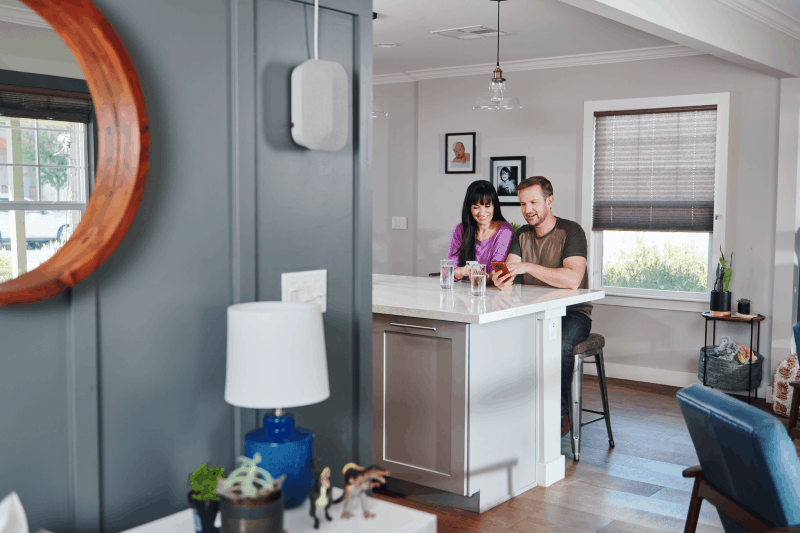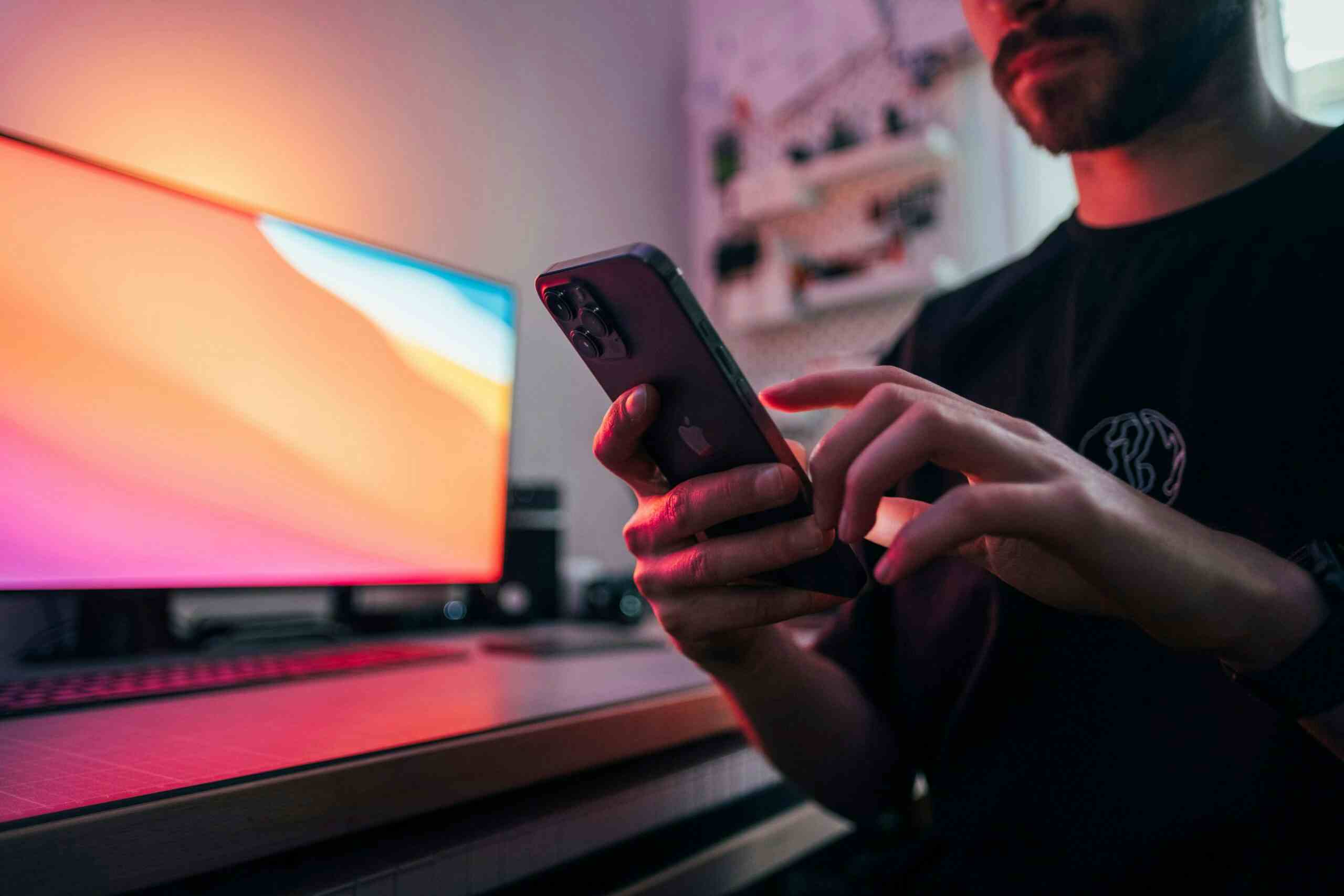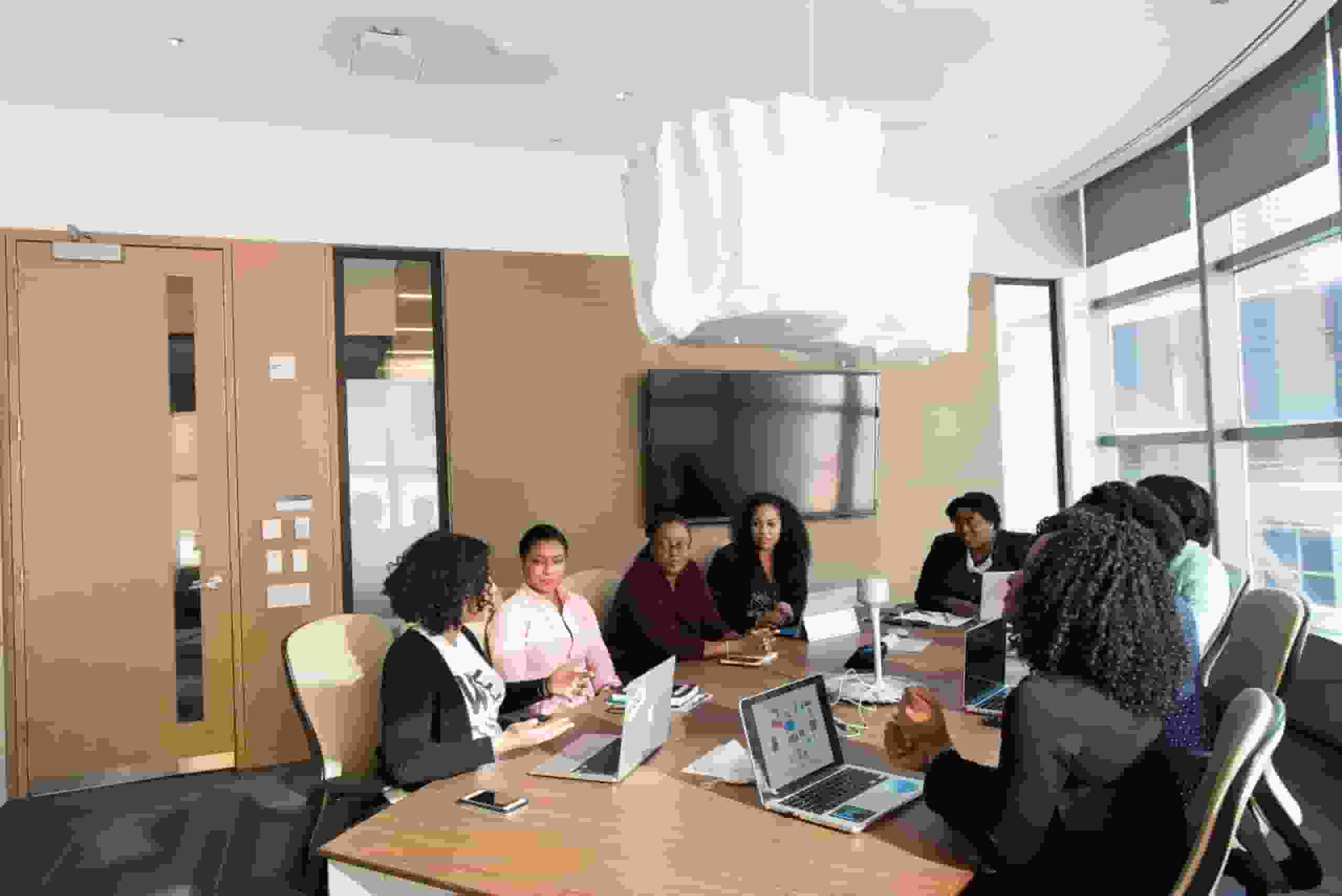Does Weather Affect Cell Service?
Posted on 11/3/2022 by Meredith Pond

Could rain, snow, wind, or other types of weather affect cell service?
In a word, yes: weather can affect cell service. Cellular network traffic is carried on radio waves, so cell reception can be affected by any atmospheric condition that might similarly affect your FM radio signal. In fact, weather can have a direct or an indirect effect on 4G or 5G cell signal but won’t really affect cell signals under 2GHz.
An example of a direct effect would be a thunderstorm when lightning causes electrical interference with cell signals. An indirect effect of weather on cell reception could be caused by a change of season, say from winter to spring.
For example, in a single-story home or office building surrounded by trees, this could mean better indoor cell reception in winter when bare trees are less of an obstacle to incoming and outgoing signals. But when spring rolls around, the surrounding trees bud out and produce leaves. This increased foliage can diffuse, weaken, and even block cell signals traveling to and from the cell tower.
Naturally, this can negatively affect cell service for those inside the building, although it’s not directly attributable to the weather conditions of the present day.
What kinds of weather affect cell service?
Any water in the atmosphere that comes between your phone and the cell tower is not a good thing. Water impedes radio waves on the frequencies used by cellular networks. That means rain, snow, fog, clouds, and high humidity can cause cell reception to drop off.
This signal impedance happens because water conducts electricity, which allows water vapor in the atmosphere to reflect or refract radio waves. Engineers call this the “propagation delay effect.”
But for you and me it means the cell signal is:
- Diluted by noise
- Takes longer to get where it’s supposed to go (either to your phone or back to the tower) which we notice as reduced reception
Different types of weather affect cell service in different ways, depending on what’s really going on out there. Here are some examples.

Rain
Does rain affect cell service? Rainstorms are likely to have the greatest effect on cell reception because of the density of water vapor associated with them. The heavier the rain, the more likely it is to negatively affect your cell signal.
Atmospheric water vapor (like rain) can also reduce your cell reception by absorbing energy from radio waves. The absorbed energy is converted into heat – the same thing your microwave oven does when you cook a bag of popcorn or warm up leftovers.
Lightning
Thunderstorms, aside from any rain, are a problem because lightning causes electrical interference. Of course, a lightning strike can also damage cell towers or other network equipment, affecting local cell service.
Snow and hail
These would likely have a lesser effect on your cell reception than rain because ice, in the form of snowflakes or hailstones, is less dense than water in liquid form. However, very heavy snow can really refract radio waves.
Fog and clouds
Again, these would probably affect cell reception less than rain, but they can still scatter radio waves in localized areas.
Temperature
Heat or cold, exclusive of other weather conditions, should have no effect on your cell reception. Now, it may seem like outside temperatures affect your signal, but this is almost always the result of humidity changes that accompany warming or cooling temps.
Wind
Wind by itself, like temperature, should not affect your cell reception. But any of the above-described weather conditions associated with high winds certainly can cause reception issues. High winds can also damage cell network equipment and power lines, which could affect local cellular service.
What to do about poor cell signal

So, there you have it – how and why weather can affect cellular reception. So if your cell coverage drops during a weather event in your location, you’ll understand what’s going on.
When you run into weather that affects your cell service, a cell phone signal booster can help overcome the effects and make your signal stronger, delivering it inside. Cell signal boosters take existing outdoor cell signal, bring it inside, and amplify it to give you better call quality, faster data and reliable signal in your home, vehicle, or business.
There are no subscription fees associated with weBoost products, just a one-time investment. You can install it yourself or get professional, certified installation at home or work with one of our installed products.
Our cell signal boosters work with all cell carriers, networks, and devices. Shop weBoost signal boosters now to put a stop to weak signals for good.



